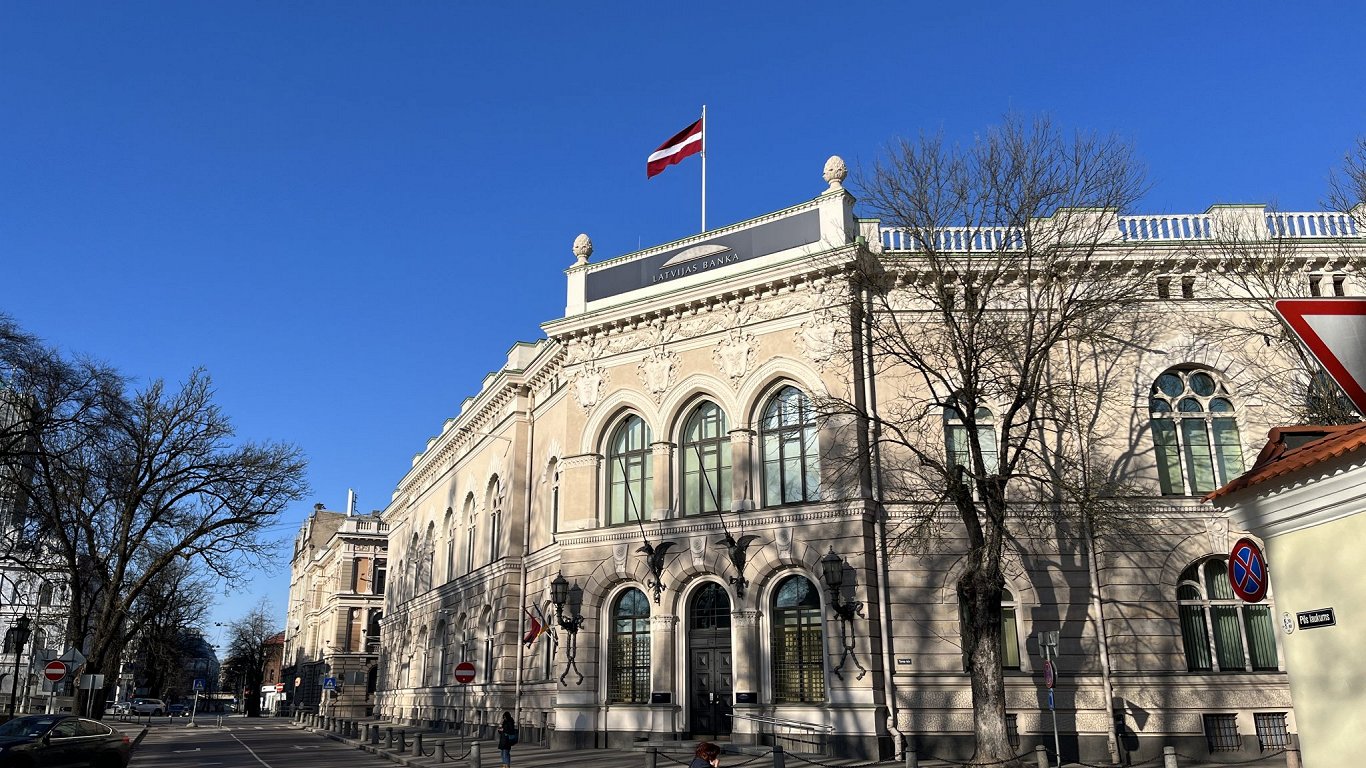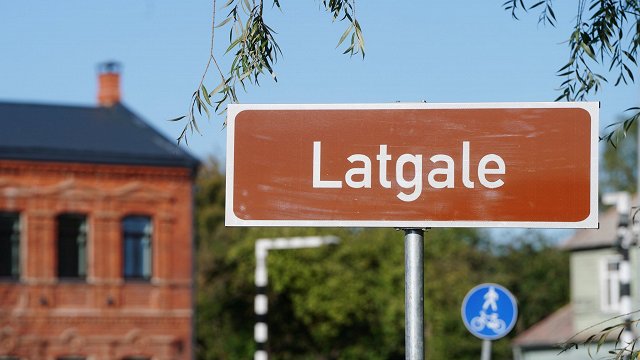The budget deficit will exceed 3% of gross domestic product. The Bank forecasts lower gross domestic product (GDP) growth than previously. Inflation forecasts for this year have also been lowered. Government debt will be higher this year than last year.
Inflation in Latvia has remained low since the beginning of the year, and inflation data in recent months were slightly lower than forecast in June 2024. Since the June projections, futures prices for some energy and agricultural products have fallen. The Bank of Latvia's inflation forecast for 2024 has thus been cut to 1.3%. The previous forecast was 1.5%.
The Bank of Latvia has revised down inflation forecast for next two years. In July, the bank forecast inflation of 2.1% next year and 1.8% in 2026. However, the latest forecast is for 1.5% inflation in 2025 and 1.6% in 2026. Changes in energy prices are expected to dampen inflation, while the role of domestic factors in price developments is expected to persist for longer. Risks to the inflation outlook are maintained by geopolitical uncertainty, which does not rule out significant fluctuations in energy and commodity prices on world markets.
The 2024 GDP forecast has been significantly revised downwards to 0.6%, from 1.8% in June. The still cautious sentiment of economic agents suggests that growth will pick up in the second half of the year.
In line with more modest levels of private consumption and investment, the 2025 GDP forecast has been cut from 3.3% to 2.6%.
Despite a sharp rise in real wages, private consumption is currently constrained by the recovery in savings after a period of high inflation. Saving is further motivated by pessimistic consumer sentiment. Investment, on the other hand, is hampered by delays in the implementation of projects related to the use of European Union (EU) funds, by a decline in profitability in a number of sectors, and by the caution of lenders. New lending is likely to pick up as interest rates fall more substantially.
The outlook for economic growth in 2026 also turned more modest in October compared to June, at 3.0% instead of the 3.8% forecast. Although GDP growth will be driven by private consumption, investment and exports, these are expected to grow more slowly than in the June forecast, with a more significant impact coming from a weakening of competitiveness.
The budget deficit is expected to exceed 3% of GDP over the entire projection period. The deficit assessment for 2024 has improved compared to the June projection due to better labor tax compliance, boosted by substantial wage growth in the economy.






























